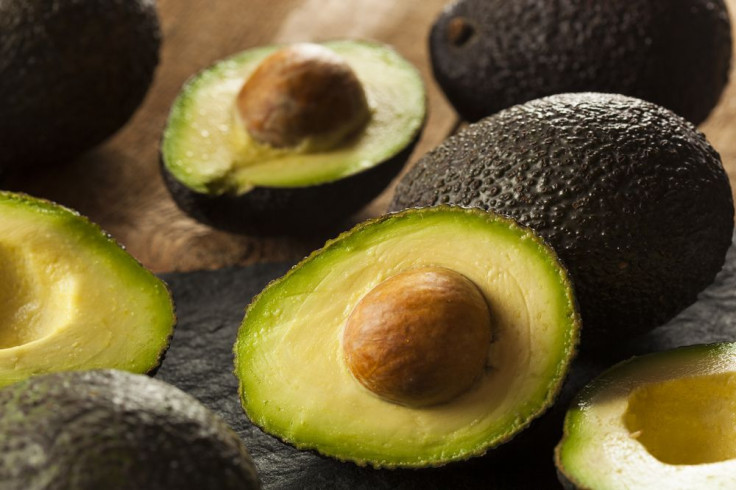Avocado Compound Proven To Kill Leukemia Stem Cells, But Eating Avocados Will Not Cure The Disease

The humble avocado packs a nutritious punch: It contains vitamins K, E, C, and B, along with potassium and other nutrients that are necessary for good health. Now, a new study finds the fruit also includes an ingredient that may effectively battle one form of cancer. Researchers have proven a compound derived from the tasty avocado can target and kill the stem cells of acute myeloid leukemia.
“Patients should not be running out and eating avocados,” Dr. Paul Spagnuolo, a professor at University of Waterloo, told Medical Daily. “What we’ve done is identify a novel molecule that comes from avocados that has potent toxicity against leukemia and leukemia stem cells.” Still, his lab has not yet performed the necessary studies to validate its effects in humans.
That said, Spagnuolo and his lab have conducted many rounds of testing to understand the molecular workings of this new compound, which he has named avocatin B, and confirmed that it selectively aims for and destroys stem cells, leaving healthy cells unharmed.
Next steps, then, in the process of developing a new cancer-fighting treatment would consist of “translating what we do at the bench and moving to the bedside,” Spagnuolo said.
Weeds in the Garden of Health
Acute myeloid leukemia, often referred to as AML, is a type of cancer that starts in the bone marrow (the soft inner part of certain bones, where new blood cells are made). In most cases, AML swiftly moves into the blood and in some cases it spreads from there to other parts of the body. This disease, which primarily affects older people, is driven by the stem cell, which both causes the disease to develop in the first case and then is responsible for relapse.
According to Spagnuolo, some chemotherapy drugs are very good at removing leukemia from patients, but they don’t remove the stem cells.
“I liken it to the weed in the garden — if you don’t get the root, it comes back,” Spagnuolo told Medical Daily. “The impetus in science right now is developing new drugs targeting the stem cell.”
Through a partnership with the Centre for Commercialization of Regenerative Medicine, he has filed a patent application for avocatin B with the hopes of eventually taking the compound into clinical trials — testing it on patients.
Though avocatin B is still years away from being prescribed by oncologists, he is performing experiments to prepare for a Phase I clinical trial. Notably, some of the most potent chemotherapy drugs used today have been similarly derived from plants.
“We’ve got some great expert validation,” Spagnuolo said, enumerating how his lab’s research has been published in one of the best scientific journals, presented at the annual meeting of the American Society of Hematology, and funded by a prestigious non-profit. This trifecta of support suggests avocatin B may very well be a winner.
Source: Lee EA, Angka L, Rota SG, et al. Targeting Mitochondria with Avocatin B Induces Selective Leukemia Cell Death. Cancer Research. 2015.
Published by Medicaldaily.com



























